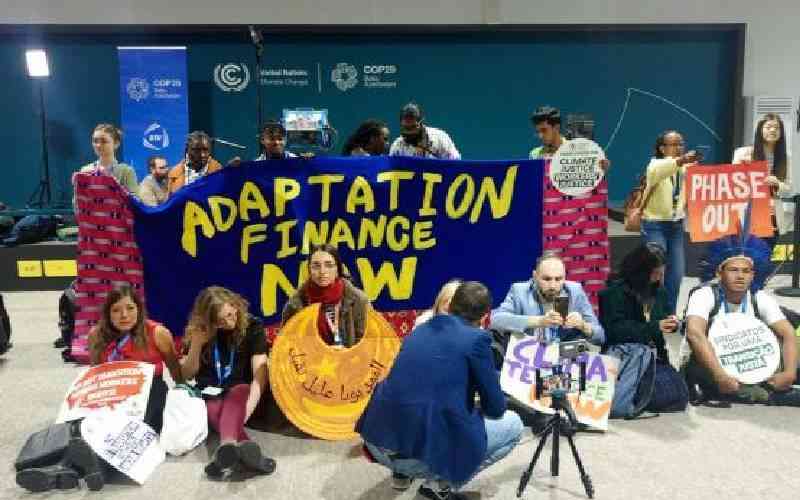
The 29th UN Climate Change Conference (COP29), held in Baku, Azerbaijan, concluded last weekend with a mix of optimism and frustration. Governments revisited existing commitments to limit global temperature rise to 1.5C, emphasising renewable energy transitions, climate finance, and accountability mechanisms. However, the pledges, while ambitious on paper, remain insufficient in addressing the accelerating climate impacts.
One significant achievement at COP29 was the adoption of a proposal to increase climate finance to from the previous target of $100 billion annually to a new target of $300 billion annually by 2035. This funding is aimed at supporting developing nations in mitigating and adapting to climate change. Additionally, the nations gathered pledged to work to increase financing commitments in order to raise this figure to $1.5 trillion by 2035. Despite this, developed nations failed to meet the longstanding $100 billion annual commitment, creating scepticism about future promises.